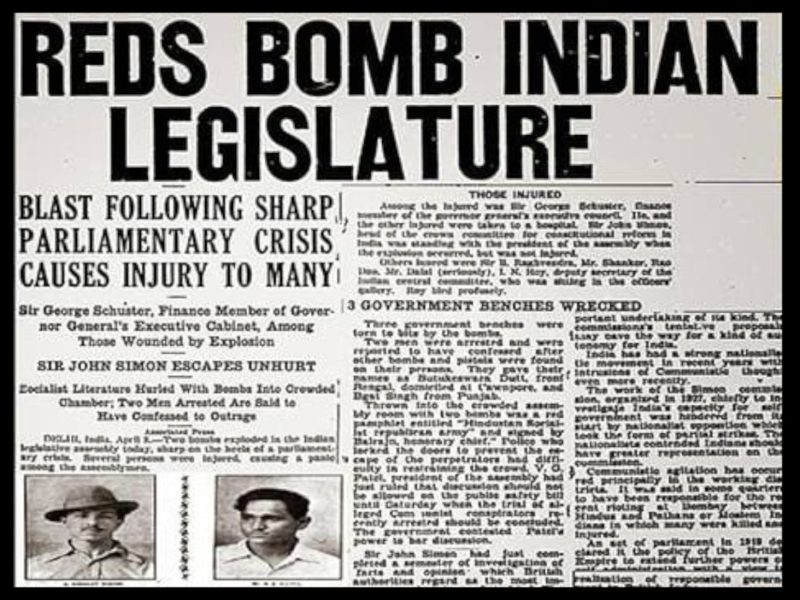This month we remember Red Rosa. Rosa Luxemburg (5 March 1871 – 15 January 1919), was a Marxist theorist, philosopher, economist, anti-war activist, organizer, educator and revolutionary socialist. She was many things to many people. Killed brutally by the political establishment this month hundred years ago while crushing the workers’ uprising in Germany.
Luxemburg’s theoretical work includes important contributions on the conflict between reform and revolution; the relationship between capital accumulation at home and imperial conquest abroad; and the power of the strike as a tool against capitalist oppression. Perhaps equally important were her letters and public debates with the most prominent leaders of her time. Launching herself into the German labour movement, Luxemburg soon made a name for herself as a radical.
 In 1905, when the revolution swept across the Russian Empire, including Luxemburg’s native Poland, it was the realization of her dream. For most of that year, Luxemburg became an active proponent of the revolution and called on German workers to adopt “Russian methods” as she outlined in The Mass Strike, the Party and the Trade Unions (1906).
In 1905, when the revolution swept across the Russian Empire, including Luxemburg’s native Poland, it was the realization of her dream. For most of that year, Luxemburg became an active proponent of the revolution and called on German workers to adopt “Russian methods” as she outlined in The Mass Strike, the Party and the Trade Unions (1906).
From 1906 until 1914, Rosa Luxemburg lived and worked in Berlin. In 1913, she wrote her most important work, The Accumulation of Capital: A Contribution to an Economic Explanation of Imperialism, in which she argued that capitalism was bound to expand into non-capitalist territories in order to survive and that once these territories were exhausted or even before that, capitalism would plunge into crisis.
In 1913, Luxemburg called upon German workers to refuse to shoot their French or British brothers in the event of war. For this, she was put on trial and sentenced to a year’s imprisonment. Rosa spent most of the war years incarcerated. In August 1918, she completed her work, The Russian Revolution, in which she wrote her famous line: “Freedom only for the supporters of the government, only for the members of one party—however numerous they may be—is no freedom at all. Freedom is always and exclusively the freedom for the one who thinks differently”. The relevance of this line remain till today.

